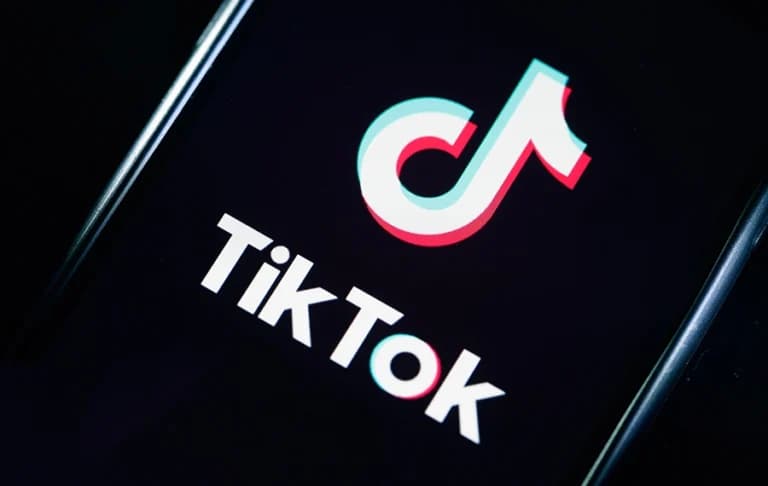US President Donald Trump issued an executive order granting TikTok a three-month extension to address national security concerns stemming from its ownership by Chinese company ByteDance. This move delays a potential ban on the popular short-video app, which faced a deadline of January 19, 2025, under a law requiring ByteDance to divest its US operations or face a shutdown. The decision reflects a complex interplay of legal challenges, political maneuvering, and shifting public sentiment surrounding TikTok’s 170 million US users.
The executive order provides TikTok and ByteDance a 90-day window to comply with the Protecting Americans from Foreign Adversary Controlled Applications Act, signed into law by President Joe Biden in April 2024. This legislation, passed with bipartisan support, mandates that ByteDance sell TikTok’s US operations to a non-Chinese entity or face a nationwide ban due to concerns over data privacy and potential Chinese government influence. The extension allows a federal appeals court in Washington, DC, to hear TikTok’s legal challenge to the law, with oral arguments scheduled for January 2025.
TikTok’s legal team argues that the law infringes on the First Amendment rights of its users, asserting that a ban would silence a platform critical for free expression and political discourse. The company has emphasized its $2 billion investment in data security measures, including storing US user data on Oracle servers, to mitigate concerns about Chinese government access. However, US officials, including Attorney General Merrick Garland, maintain that the law is necessary to prevent the Chinese Communist Party from accessing sensitive user data or manipulating content on the platform.
Trump’s decision marks a notable shift from his stance during his first term, when he attempted to ban TikTok in 2020 through an executive order, citing national security risks. That effort was stalled by federal courts, and Trump’s recent reversal appears influenced by TikTok’s role in his 2024 presidential campaign, where the platform was used to reach younger voters. High-profile meetings with TikTok CEO Shou Zi Chew and endorsements from figures like Vice President JD Vance and tech mogul Elon Musk have further shaped Trump’s approach, highlighting the app’s cultural and political significance.
The legal battle is poised to escalate, with TikTok’s challenge potentially reaching the US Supreme Court if the appeals court upholds the divestiture law. Legal experts suggest the case could hinge on balancing national security with free speech protections, given TikTok’s role as a major platform for public discourse. The outcome will likely set a precedent for how the US regulates foreign-owned technology companies, particularly those from adversarial nations.
Despite the extension, the path forward remains uncertain. ByteDance has expressed reluctance to sell TikTok’s US operations, and potential buyers, including US tech firms, face challenges due to the app’s reliance on proprietary algorithms controlled by ByteDance. Additionally, the Chinese government has indicated it may block any forced sale, complicating negotiations and raising questions about TikTok’s long-term viability in the US.
Public reaction to the saga has been mixed, with TikTok’s user base—particularly younger Americans—voicing strong opposition to a potential ban. Advocacy groups and content creators argue that TikTok is a vital platform for creative expression, small business promotion, and political engagement, while critics warn of its potential as a tool for foreign propaganda. Polls indicate that while many Americans support restrictions on Chinese-owned apps, a significant portion opposes an outright ban, reflecting the app’s deep integration into US culture.
The three-month reprieve also underscores broader geopolitical tensions between the US and China, with TikTok serving as a flashpoint in debates over technology, trade, and national security. Previous US actions against Chinese firms, such as Huawei and WeChat, set the stage for TikTok’s scrutiny, but the app’s massive popularity and economic impact distinguish it from earlier cases. Analysts suggest that the resolution of TikTok’s fate could influence future US policies on foreign tech investments.
As the January 2025 deadline approaches, stakeholders across the political spectrum are closely watching the appeals court’s proceedings. The court’s ruling could either affirm the divestiture mandate, prompting a sale or ban, or strike down the law, allowing TikTok to operate unchanged. In either scenario, the decision will have far-reaching implications for digital privacy, international trade, and the global tech landscape.
TikTok’s situation is further complicated by its global operations, which include 1.5 billion monthly active users across 150 countries. While the US debate focuses on national security, other nations, including Canada and several European countries, have imposed restrictions on TikTok’s use on government devices, citing similar concerns. The app’s global reach amplifies the stakes of the US legal battle, as a ban or forced sale could prompt other nations to reevaluate their policies.




